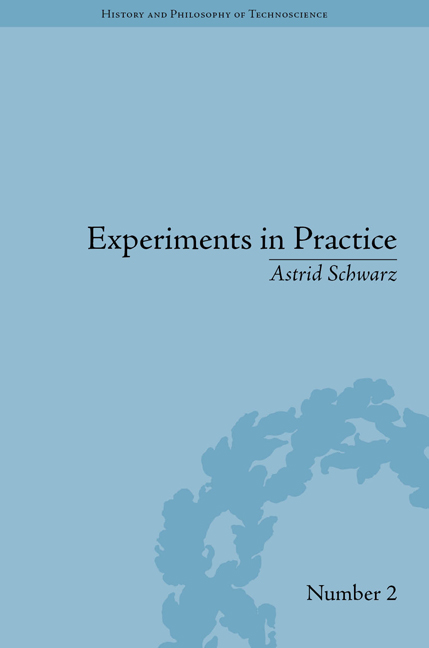Book contents
- Frontmatter
- CONTENTS
- List of Figures
- Introduction: Towards an Experimental Mode in Science, Society and Philosophy
- Part I Questioning the Scientific Method
- Part II Different Modes of Experimentation
- Part III Tirelessly Tinkering with Unruly Conditions
- Part IV Practising Experiments in a World of Environmental Concerns
- 10 Ecotechnology Complements Ecoscience: Probing a Framework
- 11 On the Pleasures of Ecotechnology
- 12 Conducting a Social Experiment: ‘Building with Nature’
- 13 Political Economy of Experiments
- Conclusion: Experiments in Practice – the Work of Experiments
- Notes
- Works Cited
- Index
13 - Political Economy of Experiments
from Part IV - Practising Experiments in a World of Environmental Concerns
- Frontmatter
- CONTENTS
- List of Figures
- Introduction: Towards an Experimental Mode in Science, Society and Philosophy
- Part I Questioning the Scientific Method
- Part II Different Modes of Experimentation
- Part III Tirelessly Tinkering with Unruly Conditions
- Part IV Practising Experiments in a World of Environmental Concerns
- 10 Ecotechnology Complements Ecoscience: Probing a Framework
- 11 On the Pleasures of Ecotechnology
- 12 Conducting a Social Experiment: ‘Building with Nature’
- 13 Political Economy of Experiments
- Conclusion: Experiments in Practice – the Work of Experiments
- Notes
- Works Cited
- Index
Summary
Are there actually conceptual models in science that attempt to calculate the intangible and objectionable dimension of time (measurable as it is only by means of secondary phenomena such as change and motion) out of physics?
Wolfgang HerrndorfWhen researchers account (literally) for physical processes such as the management of matter, energy, masses and of space and place, they follow certain housekeeping principles. To do so, they have developed numerous instruments and techniques of intervention as well as various ways of representing the results. All these activities are essentially economic activities: weighing, recording, measuring, metering, comparing, calculating, consolidating and, finally, accounting for what all these activities have provided in terms of theoretical knowledge and experimental practices. What makes this a political, rather than a moral or cognitive economy, is the fact that a decision is to be made about how the housekeeping is to be managed and what is to be its benefit (theories or products, discovery or innovation, fundamental or applied knowledge, etc.). Essentially there are two modes of housekeeping: one is an economy that follows a logic of adaption to limits while the other is an economy that strives for conquest and thus seeks to transgress limits. Given the foregoing discussion on the practices of experiments, it is apparent that these are decisions of eminent political relevance.
- Type
- Chapter
- Information
- Experiments in Practice , pp. 173 - 184Publisher: Pickering & ChattoFirst published in: 2014

